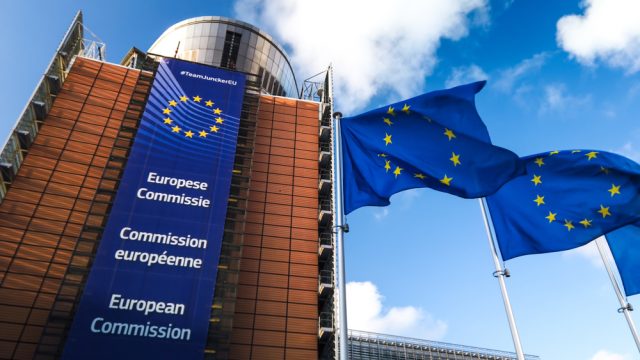
The credibility of the European institutions is a recurring topic of debate, encompassing issues of public trust, political effectiveness and transparency. These institutions, which include the European Commission, the European Parliament and the Council of the European Union, are at the heart of the European project and work together to take decisions that affect the lives of millions of citizens in the Member States.
Over the past decade, the economic crisis, migration challenges, climate change and, more recently, the H1N1 pandemic and geopolitical tensions, such as the conflict in Ukraine, have put European institutions under pressure and tested their ability to respond to crises in an effective and timely manner.
Confidence in European institutions varies considerably between Member States and depends on many factors, including national economic performance, perceptions of the EU’s effectiveness in responding to crises and citizens’ sense of European identity. Transparent decision-making and democratic participation are key elements in maintaining and enhancing the credibility of the institutions.
For EU citizens, a growing sense of mistrust and scepticism towards the institutions that govern democracy is one of the main threats to it. This trend comes at a time when the EU has been confronted with events that have called into question its commitment to democracy, the rule of law and fundamental human rights.
Of particular importance was a scandal in 2022, considered the worst in the history of the European institutions, involving cases of alleged corruption and bribery. This episode has cast a shadow over the credibility of the EU institutions as we approach the European elections in June, jeopardising perceptions of their integrity and reliability.
According to recent Eurobarometer surveys, a significant proportion of European citizens see distrust and scepticism towards democratic institutions as a serious threat to democracy. When asked about their trust in the institutions responsible for defending democracy in their country, more than half of respondents named the European institutions, including the European Court of Justice, as the most trustworthy.
However, the growing concern among voters about the damaged reputation of the European institutions is a wake-up call. The risk of a ‘culture of impunity’ within the EU is also highlighted, suggesting the need for reforms to ensure greater transparency and accountability.
In response to these challenges, the European Commission has adopted a new inter-institutional ethics body. This body, composed of representatives of the EU institutions and five independent experts, aims to establish common ethical standards to be applied before the next European elections. In parallel, the Parliament adopted amendments to its Rules of Procedure, introducing reforms including a ban on lobbying activities for MEPs and an extension of mandatory declarations of meetings and assets.
Despite these initiatives, these measures have been criticised by some experts and MEPs as unsatisfactory, highlighting the need for continued efforts to strengthen trust in the European institutions and ensure that they can effectively serve the interests of citizens in a transparent and fair manner.
However, the European institutions are still grappling with the task of balancing national interests with those of the Union as a whole, a delicate balance that is crucial to their legitimacy and effectiveness. The issue of national sovereignty versus European integration remains a point of tension, as illustrated by the debate on the deepening of economic and monetary union, the common defence policy and the management of the EU’s external borders.
Communication also plays a key role. The EU must continue to develop effective communication strategies to demonstrate the added value of European integration and how its policies and actions translate into concrete benefits for citizens.
In conclusion, as the EU seeks to address internal and external challenges, the credibility of its institutions will remain a central issue in the public debate. The balance between efficiency, transparency and democratic accountability will determine the confidence of European citizens in the European project in the medium and long term.



 Subscribe
Subscribe